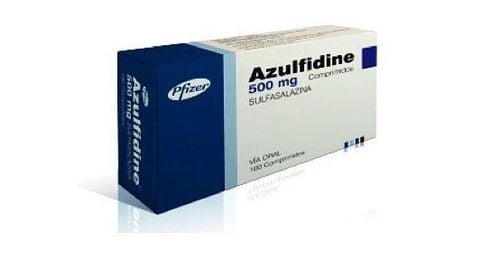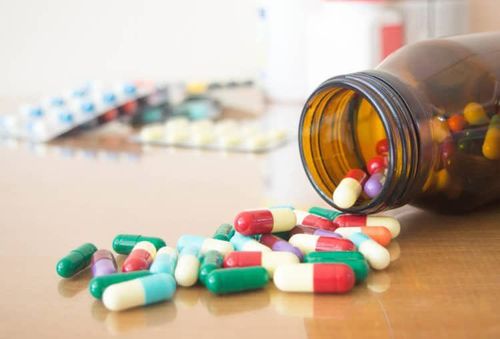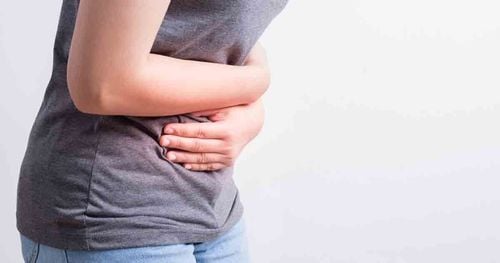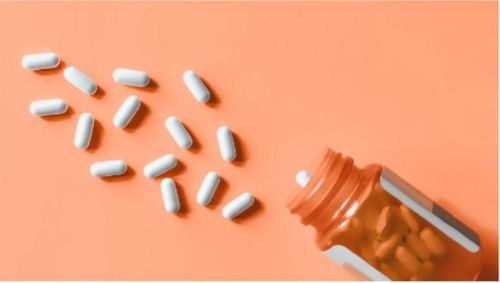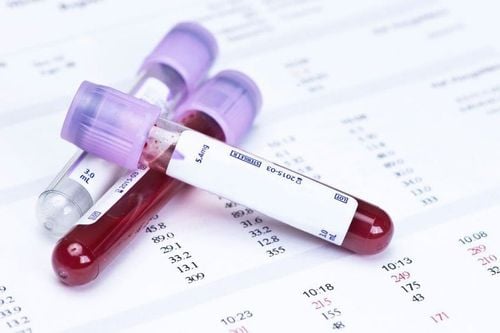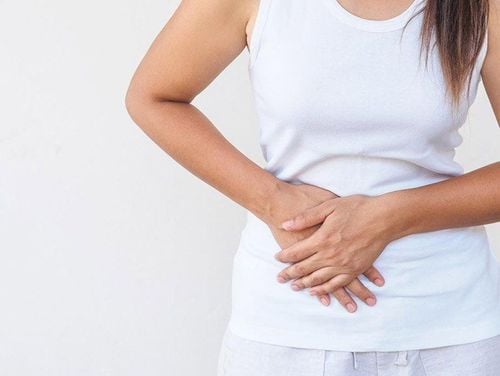This is an automatically translated article.
Post by Master, Doctor Mai Vien Phuong - Gastrointestinal Endoscopy - Department of Medical Examination & Internal Medicine - Vinmec Central Park International General Hospital.The study found that a week of alcohol consumption decreased protective molecules in the gut and increased intestinal permeability, both of which are hallmarks of ulcerative colitis. Therefore, people with ulcerative colitis should avoid alcohol.
1. What is ulcerative colitis?
Ulcerative colitis is a type of inflammatory bowel disease that affects the digestive tract. Ulcerative colitis produces small sores called ulcers on the lining of the colon. It usually begins in the rectum and spreads upward. The inflammation causes the intestines to move quickly and empty the intestines frequently. When the cells on the surface of the intestinal lining die, ulcers begin to form. The sores may bleed, mucus, or even pus.The severity of ulcerative colitis varies from person to person, and symptoms can also change over time. Symptoms of ulcerative colitis include:
Pain and increased abdominal sound Bloody stools Diarrhea Fever Rectal pain Weight loss Malnutrition Other symptoms such as joint pain, joint swelling, nausea and decreased appetite eating, skin problems, mouth sores, eye inflammation. Ulcerative colitis may be the result of an overactive immune system. Factors that may play a role in developing ulcerative colitis include:
Parents or siblings who have had the disease. Have an immune disorder. Environmental factors such as bacteria, viruses, and antigens can trigger the immune system.
2. The link between alcohol and ulcerative colitis
Excessive drinking over long periods of time can cause a host of problems including alcoholism, cirrhosis of the liver, and neurological problems. However, people who drank modest amounts of alcohol had a lower risk of heart disease.The issues surrounding peptic ulcer disease and alcohol consumption are complex. Alcohol can have pros and cons for patients with ulcerative colitis.
On the upside, experts who have examined the results of more than 300,000 patients show that alcohol can indeed have a protective effect. The study reached two main conclusions:
Coffee drinking was not associated with ulcerative colitis flare-ups. Drinking alcohol before a diagnosis of ulcerative colitis may reduce your risk of developing the disease. On the other hand, studies have found that alcohol and alcoholic by-products exacerbate an inflammatory response in the gut that makes ulcerative colitis worse.
Researchers found that a week of alcohol consumption decreased protective molecules in the gut and increased intestinal permeability, both of which are hallmarks of ulcerative colitis. Experts in Japan found that smoking and alcohol were both independently associated with ulcerative colitis flare-ups.

3. How does drinking affect ulcerative colitis?
People with ulcerative colitis who drink alcohol experience different outcomes. Some people experience a relapse as an acute, severe bout. Others are at high risk for chronic liver damage, which eventually leads to liver failure due to the accumulation of toxins that damage the intestines and liver lining.Others are at increased risk of symptoms such as:
Nausea and vomiting Upper gastrointestinal bleeding Diarrhea Alcohol can also interact with medications you are taking, altering the excretion of drug molecules activity, leading to liver damage and other dangerous complications.
In summary, studies show that people with ulcerative colitis should avoid alcohol and smoking. Instead it is about having the right nutrition, healthy lifestyle, and moderate physical activity.
Please dial HOTLINE for more information or register for an appointment HERE. Download MyVinmec app to make appointments faster and to manage your bookings easily.
References:Boyko, E. J., Perera, D. R., Koepsell, T. D., Keane, E. M., & Inui, T. S. (1989, May). Coffee and alcohol use and the risk of ulcerative colitis. The American Journal of Gastroenterology, 84 (5),530-534 ncbi.nlm.nih.gov/pubmed/2719009 Brown, A. C., Rampertab, S. D., & Mullin, G. E. (2011, June). Existing dietary guidelines for Crohn's disease and ulcerative colitis. Expert Review of Gastroenterology & Hepatology, 5 (3), 411-425 ncbi.nlm.nih.gov/pubmed/21651358 Knight, C. & Murray, K. F. (2009, December). Hepatobiliary associations with inflammatory bowel disease. Expert Review of Gastroenterology & Hepatology, 3 (6), 681-691 ncbi.nlm.nih.gov/pubmed/19929587 Nakamura, Y., & Labarthe, D. R. (1994, November). A case-control study of ulcerative colitis with relation to smoking habits and alcohol consumption in Japan, American Journal of Epidemiology, 140 (10), 902-911 ncbi.nlm.nih.gov/pubmed/7977277





